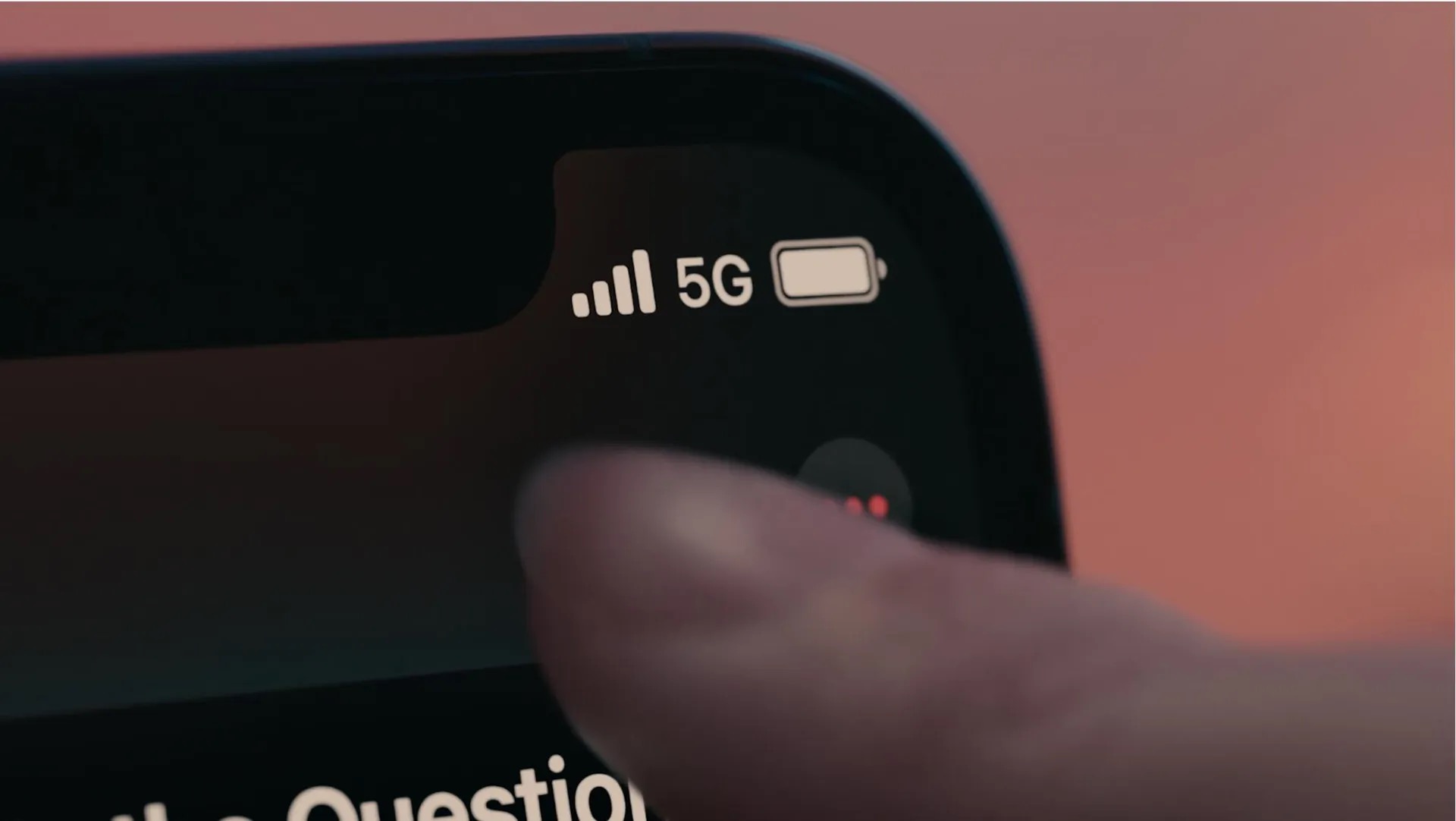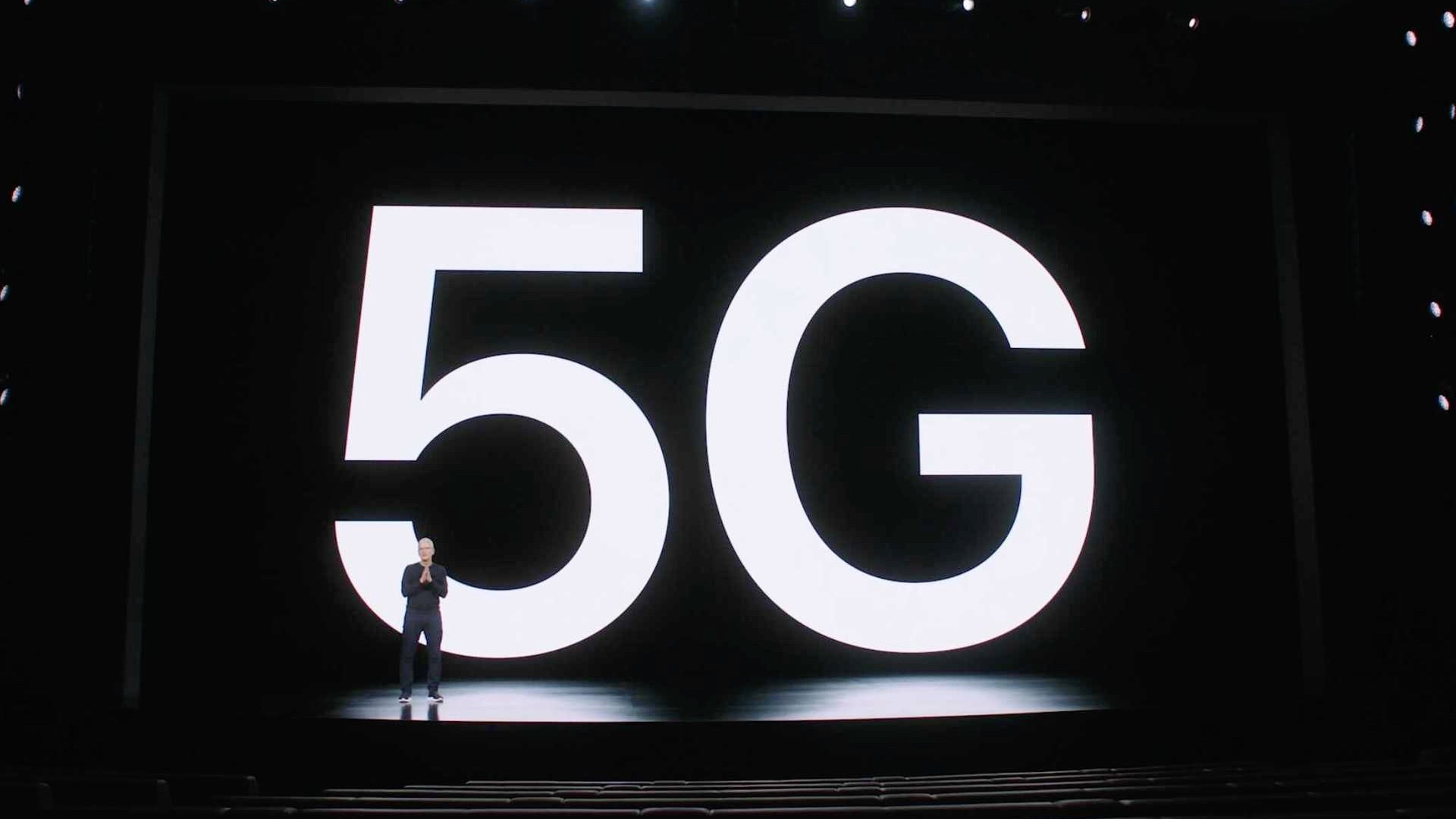iPhone 16 Pro tipped for a Qualcomm 5G upgrade that Apple's modem team can only dream of
5G Advanced is coming.

Apple's iPhone 15 Pro might have only been on sale for a few short weeks, but that doesn't mean that plans aren't already very much afoot for what comes next. That next thing will be the iPhone 16 Pro and it sounds like it might get a big 5G modem upgrade.
That upgrade will be thanks to Qualcomm's upcoming modem refresh, analyst Jeff Pu believes. The modem will offer advanced 5G features while shrinking the amount of space it takes up, possibly allowing Apple to squeeze more battery or other components into the space it vacates.
But this is all only happening because Apple has signed a new deal with Qualcomm that will see it use its modems through 2026. That agreement was signed because Apple simply can't get its own 5G modems into a state that they can be shipped in, assuming previous reports are accurate. This begs the question, is it time Apple gave up on its own modems and just let the experts do it?
5G Adanced incoming
Analyst Jeff Pu is the one who believes that Qualcomm's Snapdragon X75 modem will power the best iPhones of 2024, with MacRumors picking up the research note. The note claims that while the iPhone 16 Pro and iPhone 16 Pro Max will get the new hotness, those buying an iPhone 16 or iPhone 16 Plus will have to make do with the Snapdragon X70 that is currently being used in the entire iPhone 15 lineup.
Splitting the lineup in that way would be a first for Apple, suggesting that it intends to market the X75's new features as Pro-only ones. Those features will include 5G Advanced which premises improved 5G download speeds and more.
It's important to remember that Pu's research notes aren't always on the money so keep that in mind when pondering the suggestion of new 5G features and their Pro-only status. But the fact we're having this discussion at all is another example of why Apple is so reliant on Qualcomm — a fact Apple (and Qualcomm) is no doubt acutely aware of.
The Apple silicon myth

Apple doesn't want to rely on anyone, which is why it famously ditched Intel in favor of designing its own chips and having TSMC build them. That decision has proven to be an inspired one and Apple now sells the best Macs it's ever produced. It isn't just Macs, either. Apple silicon has a home in the iPhone and Apple Watch, not to mention the iPad and even the Apple TV. In fact, it's even in Apple's displays, too. But for all the wins Apple has had in that regard, silicon seems to be dishing out the Ls in a way Apple just isn't used to.
iMore offers spot-on advice and guidance from our team of experts, with decades of Apple device experience to lean on. Learn more with iMore!
By all accounts, the Apple modem situation is a difficult one. It just can't seem to get it right and insiders claim that it might have bitten off more than it can chew this time around. If that is indeed the case, maybe it's time that Apple admits that it can't do everything. That sometimes, just sometimes it's best to let the experts do what they do best. Being able to design a good CPU and GPU doesn't necessarily mean you can design a good modem. Apple's finding that out the hard way.
At this point, there's no denying that Qualcomm knows how to make a good modem. It makes them for everyone, including Samsung, for a reason. Apple might not like it. And it bought Intel's modem business to avoid it. But sometimes the strongest move is to admit your weaknesses. And now might be the time for Apple to show that admitting you can't do something is more courageous than blundering on.

Oliver Haslam has written about Apple and the wider technology business for more than a decade with bylines on How-To Geek, PC Mag, iDownloadBlog, and many more. He has also been published in print for Macworld, including cover stories. At iMore, Oliver is involved in daily news coverage and, not being short of opinions, has been known to 'explain' those thoughts in more detail, too.
Having grown up using PCs and spending far too much money on graphics card and flashy RAM, Oliver switched to the Mac with a G5 iMac and hasn't looked back. Since then he's seen the growth of the smartphone world, backed by iPhone, and new product categories come and go. Current expertise includes iOS, macOS, streaming services, and pretty much anything that has a battery or plugs into a wall. Oliver also covers mobile gaming for iMore, with Apple Arcade a particular focus. He's been gaming since the Atari 2600 days and still struggles to comprehend the fact he can play console quality titles on his pocket computer.
